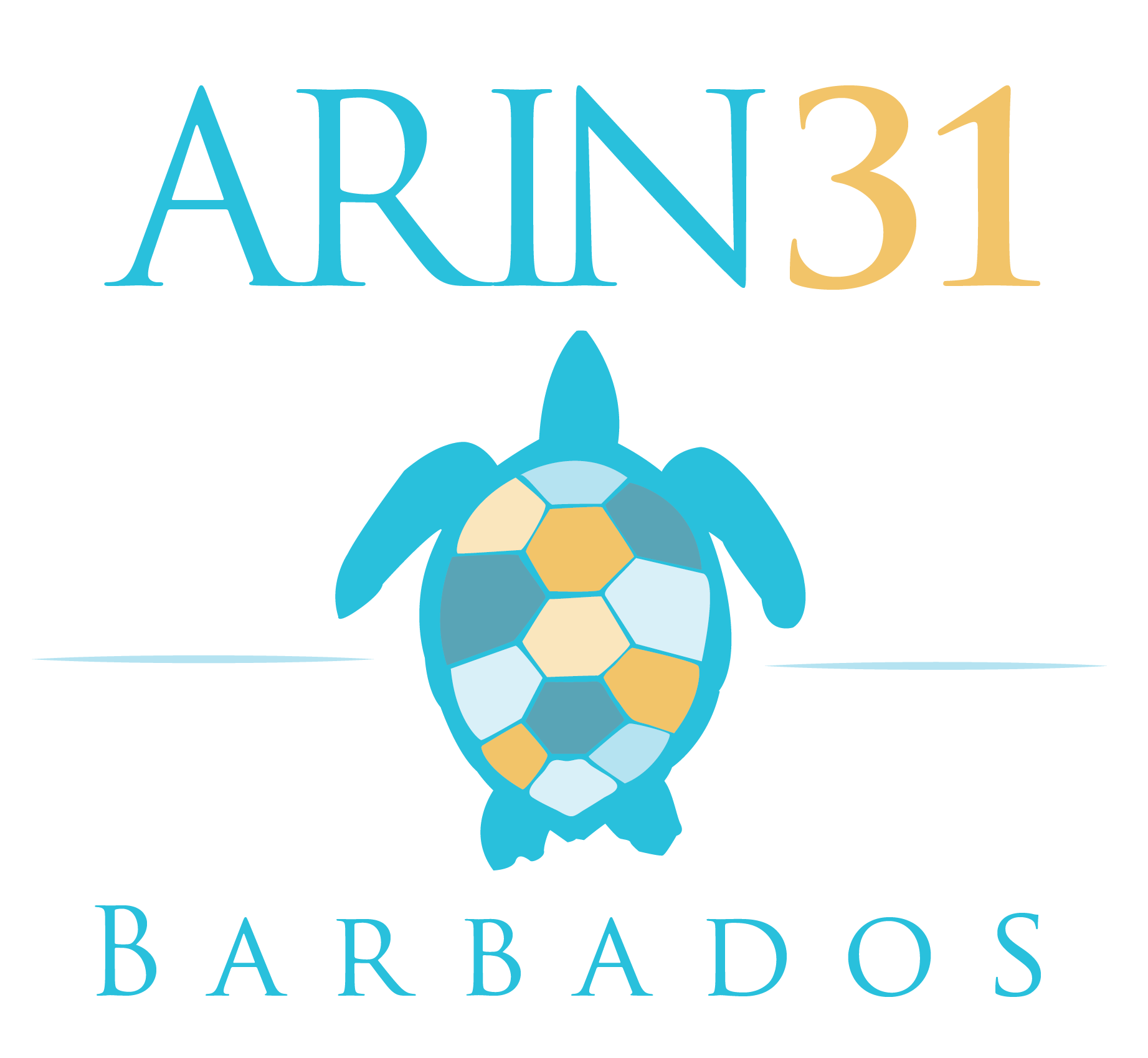 The joint ARIN 32 & Nanog 59 meeting is coming up next week. There are a number of substantive public policy items on the scheduled agenda. If you are unable to come to the meeting please consider the remote participation option to have your opinion heard.
The joint ARIN 32 & Nanog 59 meeting is coming up next week. There are a number of substantive public policy items on the scheduled agenda. If you are unable to come to the meeting please consider the remote participation option to have your opinion heard.
Here is my short commentary on the policy proposals being discussed at the meeting. In this blog entry, I’ve also attempted to make some predictions on the discussion and outcome…
Policy Summary: This draft policy adds a section to the NRPM which would provide guiding direction for ARIN’s registry functions. The core of these principles were originally found in RFC 2050, but the new draft 2050bis which was recently published as RFC 7020 removed a majority of these guiding principles.
Issues: The majority of the discussion about this policy has centered on two aspects. 1) Should this type of text be inserted at all into the NRPM or is already overlapping with ARIN’s mission statement and text in the Policy Development Process (PDP)? 2) Does the draft policy accurately reflect today’s guiding principles for the RIRs (specifically ARIN) registry functions? Important issues that have been raised here center around the issue of “stewardship” & “conservation” and how that aspect should be documented in a IPv4 runout RIR.
Prediction: This policy will reach consensus at this meeting and will be sent to last-call for approval. I suspect there will perhaps be some minor adjustments to the text to accommodate any issues raised during the policy discussion.
2013-6 Allocation of IPv4 and IPv6 Address Space to Out-of-region Requestors
Policy Summary: This draft policy inserts text into the NRPM which would restrict future IP allocations and assignments to organizations who have a legal presences and substantially operate their network(s) inside the ARIN service region.
Issues: This policy originated from ARIN staff comment at the ARIN 31 meeting. ARIN staff reported that they were seeing increasing numbers of requests from organizations where the IP address were likely to be used outside the ARIN service region or be assigned to customers outside the ARIN service region. Staff comments on this draft policy indicate this proposed text would restrict the disbursement of resources to legal entities operating within the ARIN service region.
The key issue in this draft policy is the statement:
a plurality of new resources requested from ARIN must be justified by technical infrastructure or customers located within the ARIN service region
Staff comments reveal that this policy as currently written would “create a scenario where a network can’t get IPv4/IPv6 addresses from any RIR.” Legal review also made note of this issue with this comment: “points of policy to avoid … adopting an overly prescriptive guidance or standard that fails to permit multinational business entities to obtain number resources.” This is certainly not a desired outcome of the draft policy and I believe must be rectified.
While I believe ARIN staff would benefit from the additional clarity in this draft policy, I doubt this issue will be of as substantial importance after IPv4 exhaustion occurs in the ARIN region.
Prediction: I believe this policy will not achieve consensus at this meeting. I think there will be significant dissent from the meeting participants to move forward with the current text. I suspect if the “plurality” statement was removed from the policy it would likely achieve consensus or near consensus such that the policy would continue to move forward through the PDP.
2013-7 Merge IPv4 ISP and End-User Requirements
Policy Summary: This draft policy makes numerous changes to the existing IPv4 policy which attempts to merge the differences between the ISP and End-User allocation & assignment policies.
Issues: The changes made in this draft policy are complex and intertwined. It is easiest to see the proposed changes in this red-line version.
https://www.arin.net/policy/proposals/ARIN-prop-190%20proposed_text_changes.pdf
While I believe the general plan to attempt cleanup and streamlining of the IPv4 policy are headed in the right direction, I suspect the changes will not necessarily be well understood by the ARIN community and some skepticism will come about that the changes don’t necessarily all move in the right direction. In general, this policy seems to loosen the requirements on organizations receiving IPv4 addresses, however these two changes are substantially different.
The utilization requirements on an initial end-user assignment changes from 25% immediate, 50% within one year to 80% within three months. This is offset by the lowering of the minimum block size requirement for single-homed networks.
This change seems to go against the idea of making it easier for initial end-user assignments, but this text changes the initial host count for single subnet from 1024 hosts immediately (25% of a /20) to 819 hosts in 3 months (80% of /22).
The timeframe for additional ISP allocations is changed from three months back to one year.
This change has been suggested a number of times, including 2012-4, since the 2009-8 policy put this into place. In each instance, consensus generally has been toward not to keep changing the IPv4 requirements as IPv4 exhaustion occurs.
Prediction: I believe this policy will not achieve consensus at this meeting due to the large number of changes being proposed. I suspect the draft policy will continue to be worked on by the AC and that the text will be updated subsequently and be presented at the next Public Policy Consultation (PPC).

 The spring
The spring